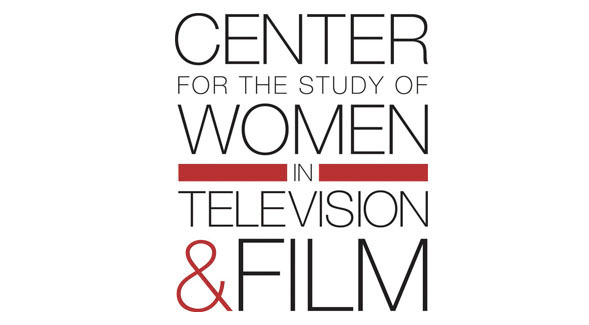Study Finds Men's Voices Still Dominant in Movie Reviews
SDSU's Center for the Study of Women in Television and Film has released a new report on the gender gap in film criticism.

If you seek out a professional critic’s review of “Rocketman” or the new “Toy Story” movie before deciding whether to see them this summer, the odds are you’ll be getting the opinion of a man.
A new report out of San Diego State University finds men account for two-thirds of all film reviewers in the United States, and that it may make a difference in what gets mentioned in their reviews and even whether they recommend the movie.
The findings come from Martha Lauzen, executive director of SDSU’s Center for the Study of Women in Television and Film. In this year’s edition of an annual study, Lauzen found that in 2019, men comprise 66 percent of film reviewers working for print, broadcast and online outlets in the U.S. compared to just 34 percent for women. In 2018, women accounted for 32 percent of reviewers.
“Male film critics outnumber female critics by almost two to one, and continue to dominate the conversation about film across every type of media outlet and about every film genre,” said Lauzen. Her study focused more than 4,750 print, broadcast and online movie reviews issued in February-April 2019, a period that included “Isn’t It Romantic,” “Dumbo,” and “Avengers: Endgame.”
“In this gender myopic movie world, not only do men comprise the majority of our filmmakers, they are also more likely to have the last word on the quality of our films.”
Lauzen said her research expands our understanding of how reviews may differ depending on if they are written by a man or a woman. “These gender imbalances matter because they impact the visibility films with female protagonists and women directors receive, as well as the nature of reviews.”
Lauzen's report finds that in writing about movies directed by women, women are far more likely to mention the director by name—in 31 percent of the reviews in 2018 versus 16 percent of reviews written by men.
Women also are more likely to give positive reviews to films with female protagonists. After converting various scoring systems into a percent, the study found an average rating of 78 percent for such films from women critics and 68 percent from men. Conversely, male critics averaged a 77 percent rating for films with male protagonists compared to 70 percent from female critics.
Further, male critics are more likely to note and discuss the filmographies of male directors than female directors in positive ways. Some 28 percent of male critics mention filmographies for male directors, but only 16 percent of them mention filmographies for female directors in positive ways. “The positive discussion of a filmmaker’s previous work helps establish the experience of that director,” Lauzen noted. “A glowing mention of a director’s filmography positions that filmmaker as a known quantity with a respected track record, and provides a positive context for the current film under review.”
Since the initial study in 2007, Thumbs Down: Film Critics and Gender, and Why It Matters has considered over 21,000 reviews written by more than 1,300 reviewers. It is the most comprehensive study of women’s representation and impact as film reviewers available.
The 2019 full report can be found here.
About Martha Lauzen
For over two decades, Lauzen has conducted groundbreaking research on the representation and employment of women on screen and behind the scenes in film and television. Her studies, including the annual Celluloid Ceiling study, have provided the foundation for the growing dialogue and activism on this issue. A nationally and internationally recognized expert on women in media, she is the founder and executive director of the Center for the Study of Women in Television and Film at San Diego State University. The Center is home to the longest-running and most extensive studies of women working in entertainment industries. The most current reports can be found on the Center’s website at: https://womenintvfilm.sdsu.edu/research/.



